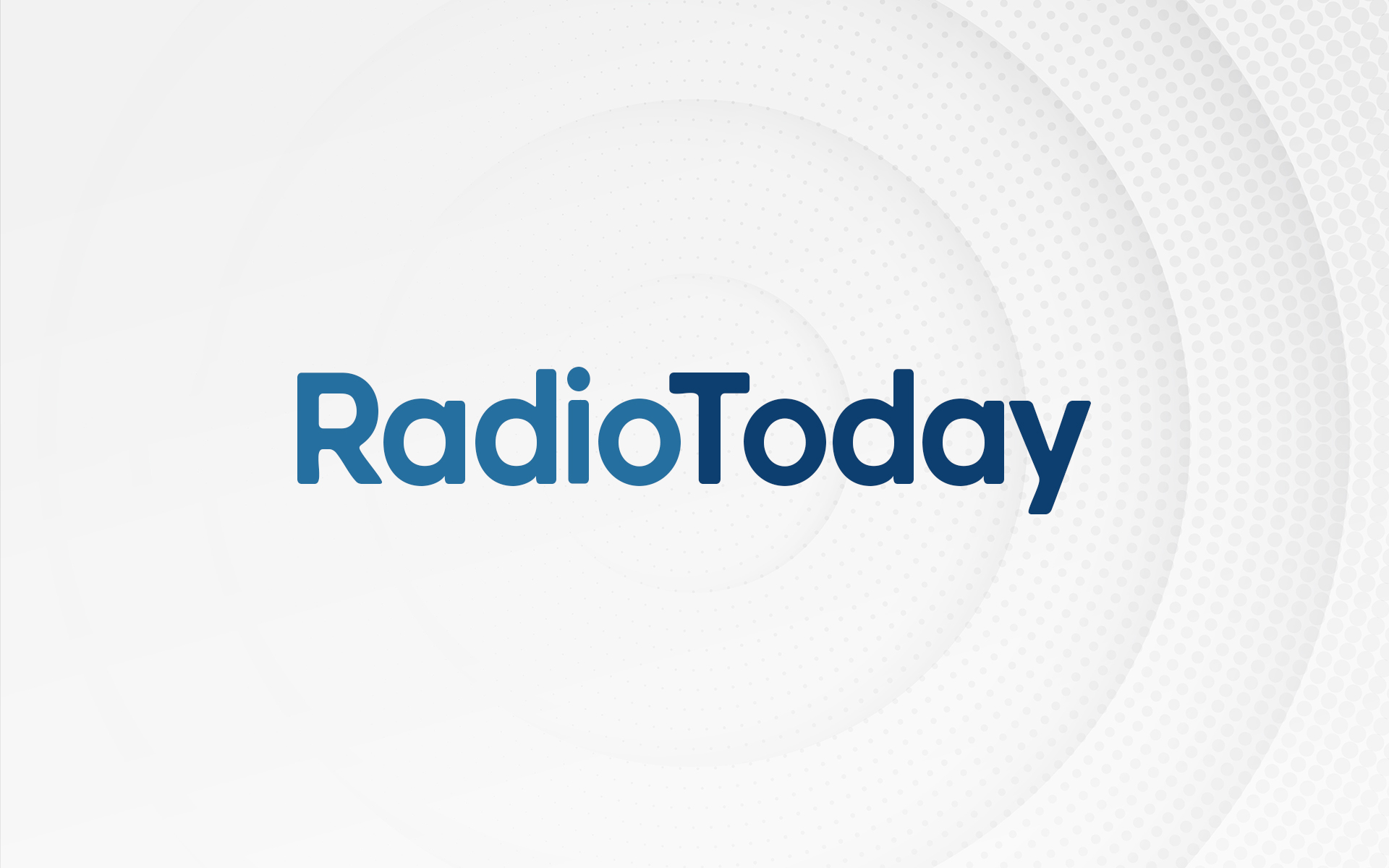
Today, Ofcom announce the reason why it awarded the FM local commercial radio licence for the city of Durham and the immediately surrounding area to Durham FM, owned by TLRC.
As the licence is for a small area, the ability of each applicant to maintain its proposed service for the duration of the licence period was one of the most important factors. With TLRC owning similar local stations, it is able to take advantage of their support.
The Ofcom document is below:
Durham licence award decision
When the Durham licence was advertised last October, we stated that, given the relatively small population coverage afforded by the licence, Ofcom would be likely to place particular emphasis on the ability of each applicant to maintain its proposed service for the duration of the licence period (Section 105(a) of the 1990 Broadcasting Act).
As a ‘smaller’ licence serving a locality which is not the sole focus (in editorial terms) of any existing service, we also said that Ofcom was likely to consider speech content more important than music proposals in assessing Section 105(c) – the extent to which each applicant would broaden the range of local commercial radio services available in the area, and that 105(c) might be considered less significant overall than Section 105(b) – the applicants’ ability to cater for local tastes and interests.
Finally, in respect of Section 105 (d) – the extent to which there is evidence of local demand or support for a proposed service – we said that non research-based evidence of local support would be likely to be considered alongside evidence of demand.
In considering the applications in relation to Section 105(a), Ofcom’s Radio Licensing Committee (RLC) considered that the ownership of Durham FM by The Local Radio Company, which owns neighbouring small-scale services in Darlington (Alpha 103.2) and Sunderland (Sun FM), would provide the new station with stable ownership, prior knowledge and experience of the local marketplace, and opportunities for some resource-sharing that could prove valuable in the context of a relatively small licence area. Durham FM?s audience and revenue forecasts were considered to be achievable, and in this context RLC members noted the excellent ratings performance and track record of both Sun and Alpha in nearby areas which have a line-up of competitor stations very similar to that which the new Durham service will face.
In relation to Sections 105 (b) and (c), RLC members felt that the speech commitments contained in Durham FM?s Format (such as a seven-day local news service) would improve Durham-specific news and information provision in the area, and that the overall programming proposals contained in the Format were both deliverable and would cater for local tastes and interests, as demonstrated by the group?s research.
The RLC considered that, in relation to Section 314 of the Communications Act 2003, Durham FM?s programming proposals contained a suitable proportion of local material and locally-made programmes. The station will offer locally-made output for 18 hours per day, and the Format includes commitments to delivering a range of local material. The Committee noted that, after two years on air, the station?s Format gives it the ability to air networked programming at off-peak times, if it so chooses.
With regard to Section 105(d), the RLC felt that Durham FM provided the best balance of the three applicants between generally sound market research as evidence of demand for its proposals and strong evidence of local support for the proposed service from a range of local businesses, community organisations and individuals.


